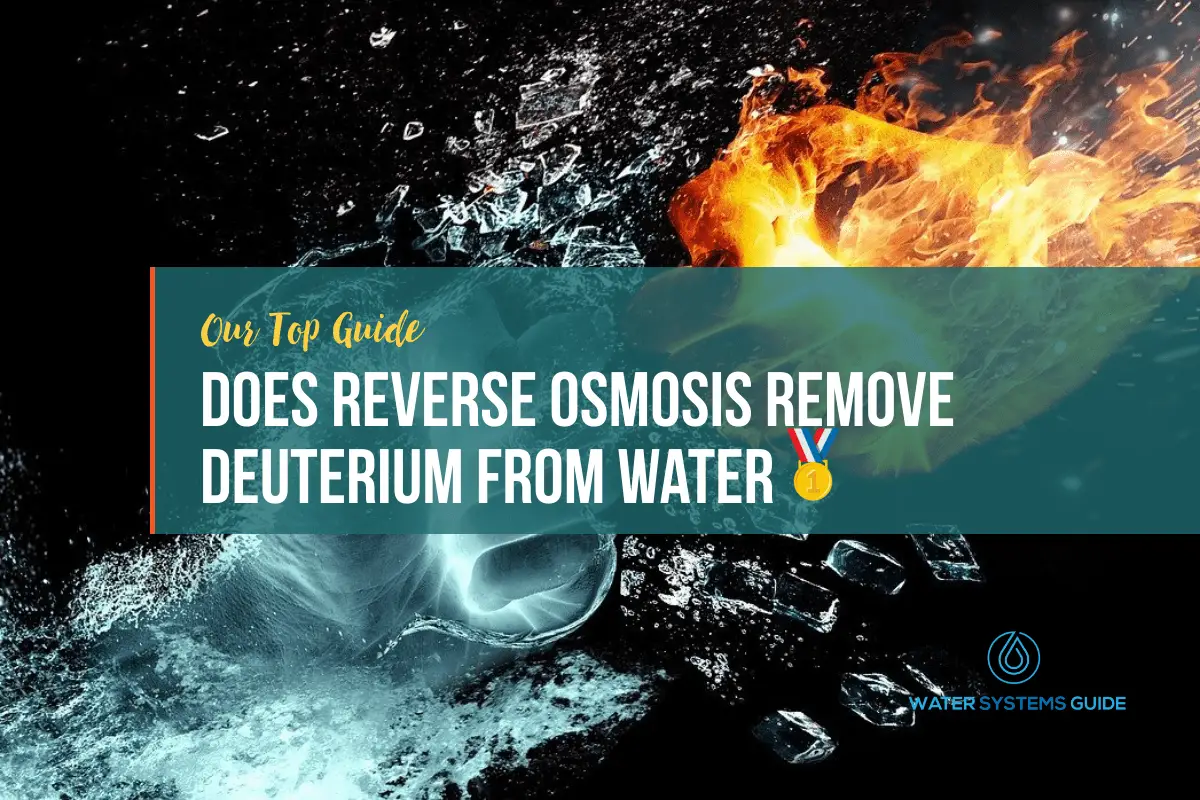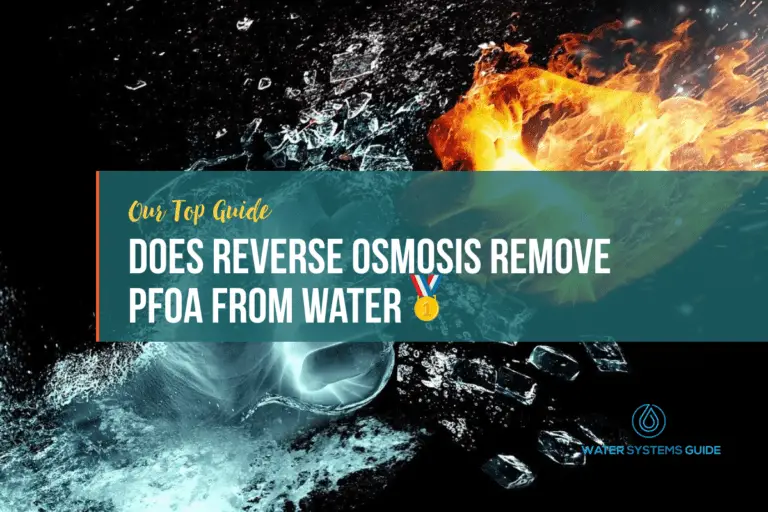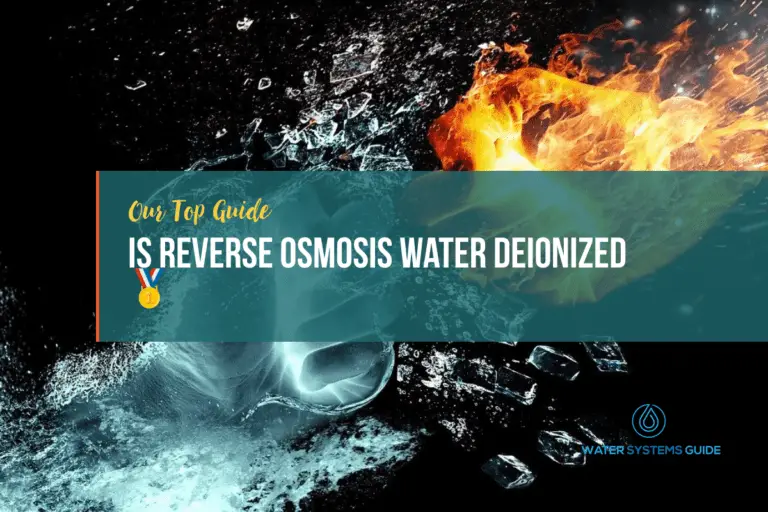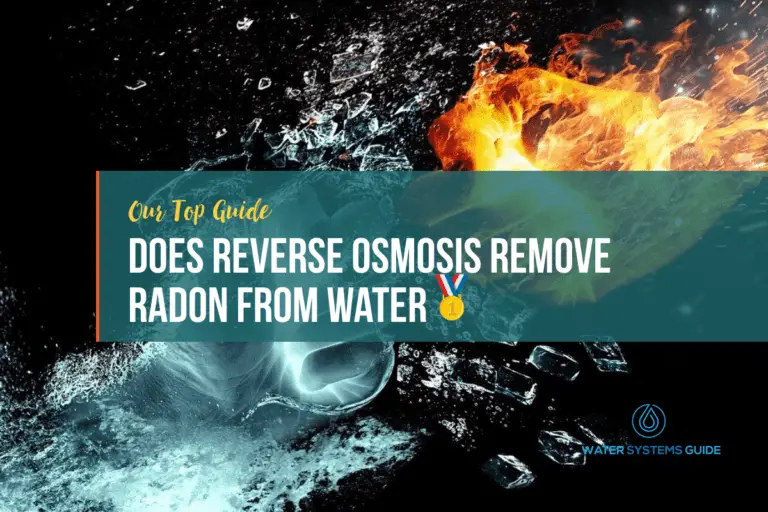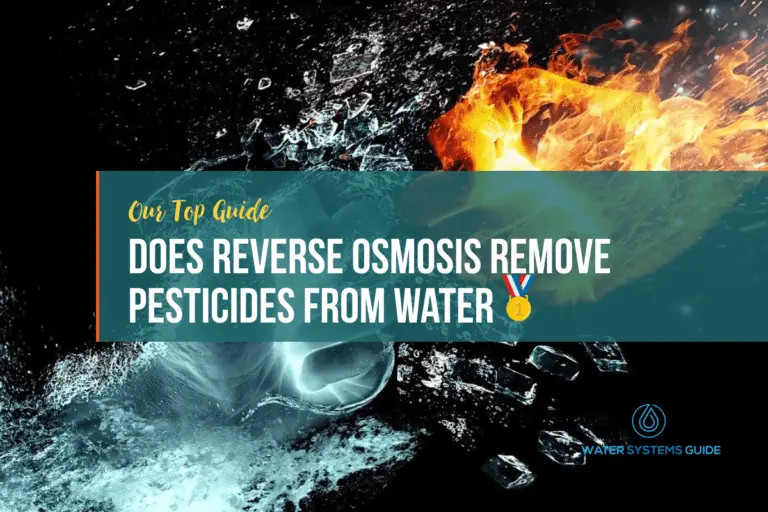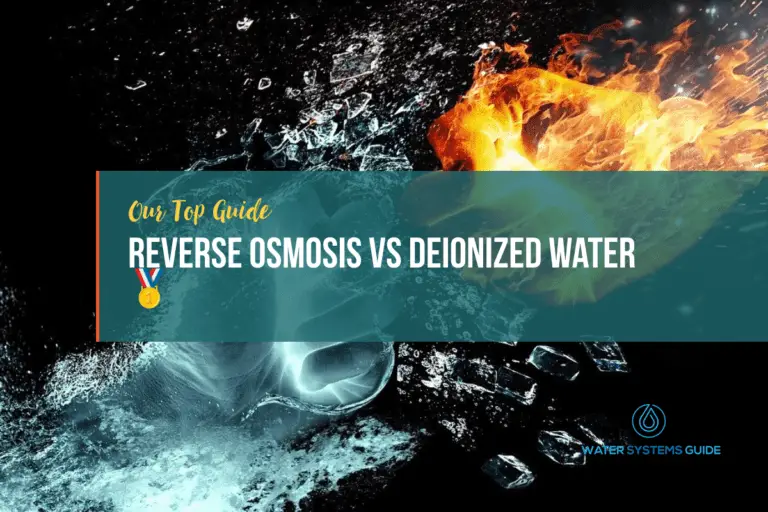Does Reverse Osmosis Remove Deuterium From Drinking Water
In this article we’re going to be discussing whether reverse osmosis is effective at removing deuterium from water, this process is known as deuterium depleted water.
What Exactly Is Deuterium
Deuterium is an isotope of hydrogen, with a nucleus consisting of one proton and one neutron. Deuterium is twice as massive as ordinary hydrogen, and its natural abundance is about 0.015% in seawater. Deuterium has some interesting properties: it is non-flammable, it does not support combustion, and it is much more dense than ordinary hydrogen. Deuterium is used in heavy water reactors, and in some industrial processes.
How Does Deuterium Get Into Our Water Supplies?
Deuterium is a trace element that can be found in water supplies. It is a naturally occurring element, but it can also be produced artificially.
Deuterium is used in nuclear reactors and has been used in atomic bombs. It is also used in heavy water reactors, which are reactors that use water that has been enriched with deuterium.
In low doses, it is not harmful to humans. However, if ingested in continuous large amounts, it can cause damage to the liver, kidneys and brain.
Does RO Remove Deuterium from Drinking Water?
Reverse osmosis (RO) is a filtration process that removes particles, contaminants, viruses’ and heavy metals from water. RO is commonly used to purify drinking water and may be an effective way to remove deuterium from water.
The scientific evidence on RO’s effectiveness at removing deuterium from drinking water is lacking, so we cannot say for certain here.
With that being said, it’s recommended to speak to one of the water systems manufacturers about what solutions they have which can be put in place to filter out Deuterium.
How to test your water supply for Deuterium
To test your water supply for cyanotoxins, you will need to contact your local water supplier and request a water quality test. This test will look for the presence of cyanobacteria and other harmful bacteria in your water. If any are found, you will be advised to take appropriate precautions to protect yourself and your family from exposure.
Once you have the results of your water test, you can compare them to Environmental Protection Agency (EPA) standards to see if there is cause for concern.
Alternatively you can hire a professional, who will take care of the entire process, as well as advise you about whether water treatment is necessary.

